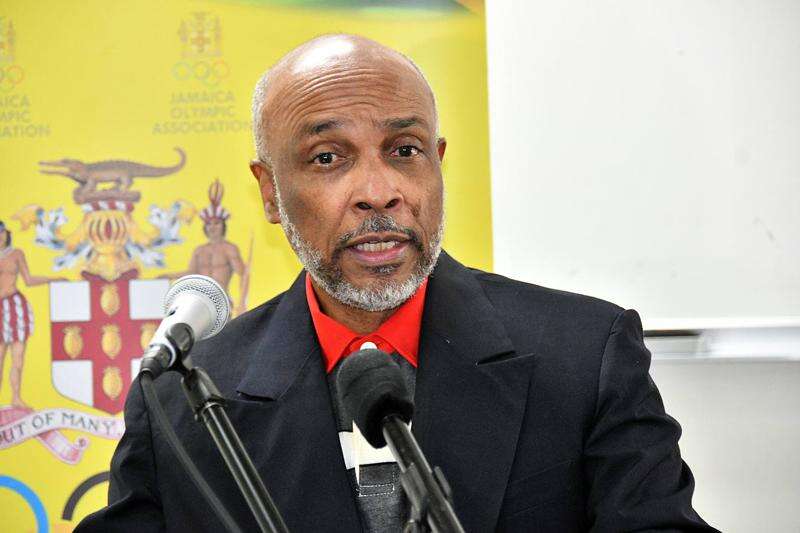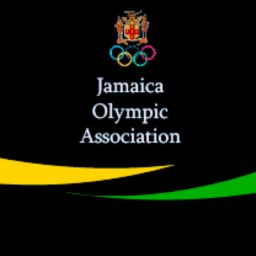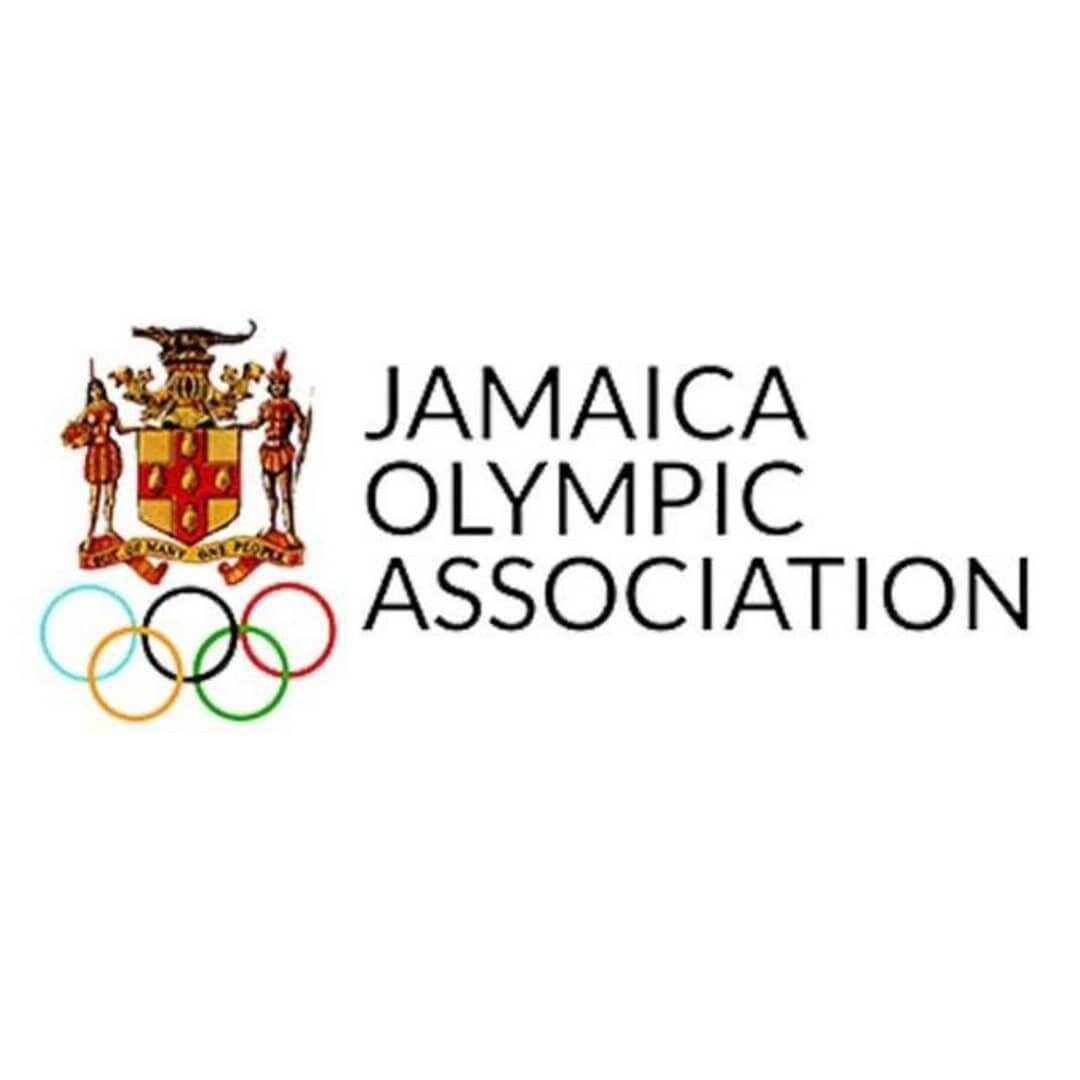
President Christopher Samuda says the Jamaica Olympic Association’s (JOA) expansion of its headquarters will begin shortly. The JOA said last August that $120 million will be spent to redevelop the property, with half of that funding coming from its own finances, and the other from the Pan American Sports Organisation.
The expansion will be done with the use of the property next to the existing headquarters, which the JOA purchased. However, because the premises exists in a largely residential area, there were delays in getting construction started. “Quite shortly, next door will be demolished, and that’s the first phase,” Samuda told the Jamaica Observer. “After that, we are hoping that certainly, by the end of the year, a building will be up and that, of course, it will be our abode where associations can come and engage in sport development in a very real and practical way.” Olympic Manor, as the JOA’s headquarters is known, was always intended to be more than just an office for the body.
One of Samuda’s first promises after being elected to the JOA presidency for his first term in 2017 was the development of the property. This, he said, was part of his mandate to make the JOA more self-sustaining and for it to adopt a business model. “It’s business unusual because that asset, it has to be an earning asset,” Samuda said on Monday. “It has to pay for itself over the months, and therefore, we plan on having a museum, a restaurant, and those activations that will have a revenue base.” A souvenir and replica gear shop is also being planned at the site. “We’re trying to, of course, give a different perspective to sport tourism, to make it more real and practised. That’s the business of sport,” Samuda said.
The JOA hopes that all its member associations will look to it as an example of how to create a successful business model that allows the monetisation of assets and revenue earning. But Samuda says that more seminars regarding this topic will be hosted by the JOA this year to get these associations more familiarised with that expectation. “We will continue with our stamina courses, which do not only concentrate on the technical competencies of sport, but also the administrative skills and commercialisation of sport,” he said. “We have our advanced sports management course that we deliver through the Olympic Solidarity and that will continue. That is a critical component in terms of administration and commercialisation. Separate and apart from that, we’ve always had seminars where we deal with the monetisation of assets of sport.
The primary asset, of course, is your athlete, and then your trademarks. We feel that commercialisation is the way to go if we are to establish a revenue base that will be viable for sport development. “Therefore, we are encouraging our stakeholders and our member associations to adopt business models, and we’re working with them in terms of getting bids to host games and congresses in Jamaica. We’re working on business models that will not only deliver those events and activations successfully from an administrative point of view but also ensure that the particular association earns from that endeavour. It’s business unusual for us. It is a revenue opportunity for our member associations and we must capitalise on that.” ]]>
The expansion will be done with the use of the property next to the existing headquarters, which the JOA purchased. However, because the premises exists in a largely residential area, there were delays in getting construction started. “Quite shortly, next door will be demolished, and that’s the first phase,” Samuda told the Jamaica Observer. “After that, we are hoping that certainly, by the end of the year, a building will be up and that, of course, it will be our abode where associations can come and engage in sport development in a very real and practical way.” Olympic Manor, as the JOA’s headquarters is known, was always intended to be more than just an office for the body.
One of Samuda’s first promises after being elected to the JOA presidency for his first term in 2017 was the development of the property. This, he said, was part of his mandate to make the JOA more self-sustaining and for it to adopt a business model. “It’s business unusual because that asset, it has to be an earning asset,” Samuda said on Monday. “It has to pay for itself over the months, and therefore, we plan on having a museum, a restaurant, and those activations that will have a revenue base.” A souvenir and replica gear shop is also being planned at the site. “We’re trying to, of course, give a different perspective to sport tourism, to make it more real and practised. That’s the business of sport,” Samuda said.
The JOA hopes that all its member associations will look to it as an example of how to create a successful business model that allows the monetisation of assets and revenue earning. But Samuda says that more seminars regarding this topic will be hosted by the JOA this year to get these associations more familiarised with that expectation. “We will continue with our stamina courses, which do not only concentrate on the technical competencies of sport, but also the administrative skills and commercialisation of sport,” he said. “We have our advanced sports management course that we deliver through the Olympic Solidarity and that will continue. That is a critical component in terms of administration and commercialisation. Separate and apart from that, we’ve always had seminars where we deal with the monetisation of assets of sport.
The primary asset, of course, is your athlete, and then your trademarks. We feel that commercialisation is the way to go if we are to establish a revenue base that will be viable for sport development. “Therefore, we are encouraging our stakeholders and our member associations to adopt business models, and we’re working with them in terms of getting bids to host games and congresses in Jamaica. We’re working on business models that will not only deliver those events and activations successfully from an administrative point of view but also ensure that the particular association earns from that endeavour. It’s business unusual for us. It is a revenue opportunity for our member associations and we must capitalise on that.” ]]>

